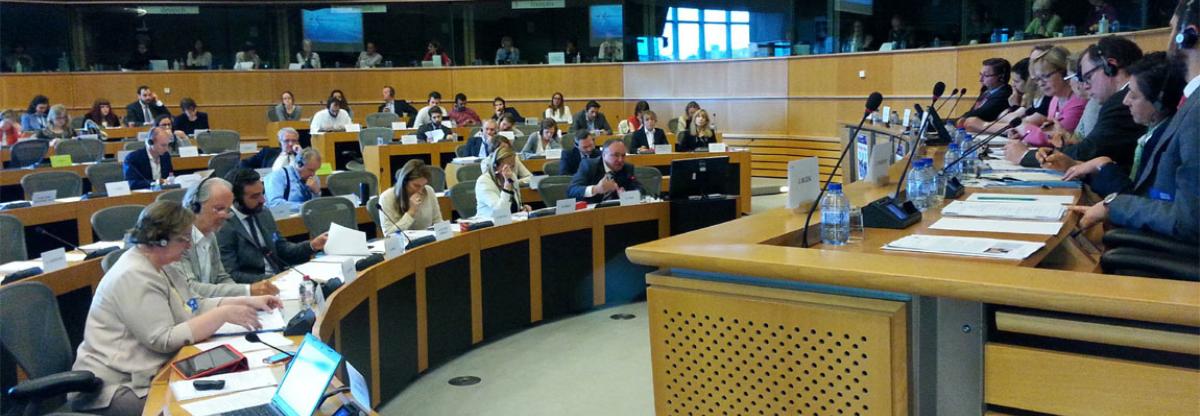
The Petition Committee of the European Parliament held a hearing today about the practice of petition right. The hearing, attended by many internationally acclaimed experts, was meant to prepare the reforms planned by the Petition Committee of the EP. EP pays lot of attention to the direct communication with citizens, thus was formed the petition committee first, in 1987, and the right to petition was made part of the European law in 1992, during the Maastricht Treaty.
‘Though there is no clear statistics regarding this, but after one year spent as a deputy-chair of the Petiton Committee, I can say that frequency of submitting petitions also depends on national ‘temperament’. While a Spanish or German citizen grabs a pen or sits to her computer almost immediately if she thinks that her case deserves the attention of the Union, at the same time an East-European or Slovak citizen ponders over it, or immediately gives up the idea’- says Pál Csáky, the deputy-chair of the Petition Committee to the EU.
Jana Dubovcová, Slovak ombudsman was among the invitees, and she pointed out that the national governments in power often ignore petitions. She recalled the case of a successful petition in the settlement of Pered, which was related to the restoration of the historic name of the village, from the current name of Tešedíkovo to the historic Pered, and was ignored by the Slovak government.
Pál Csáky, deputy-chair of the Petition Committee to the EP, and initiator of the hearing expressed his concern that the Education Ministry of the Slovak Republic is not handling with sufficient care the petition of more than 26 thousand citizens regarding the changes in minority education and their protest against planned limitations in their right.